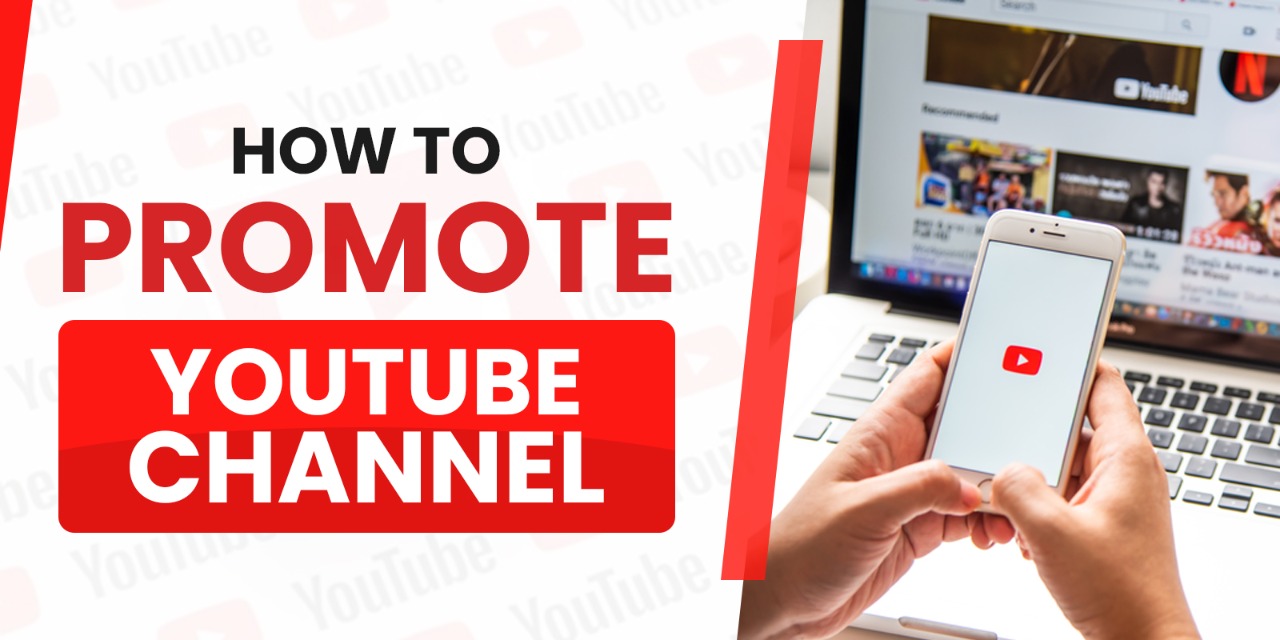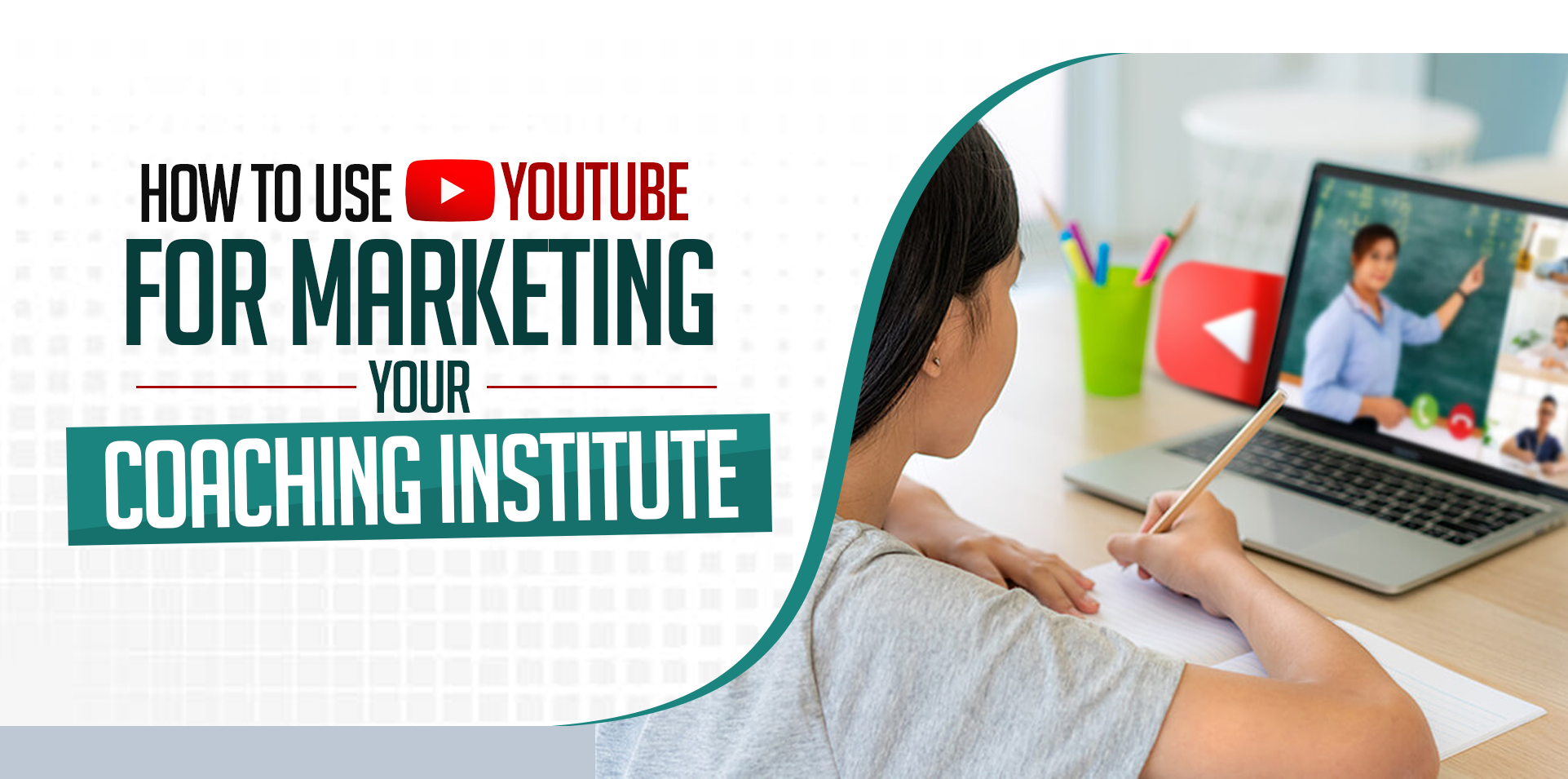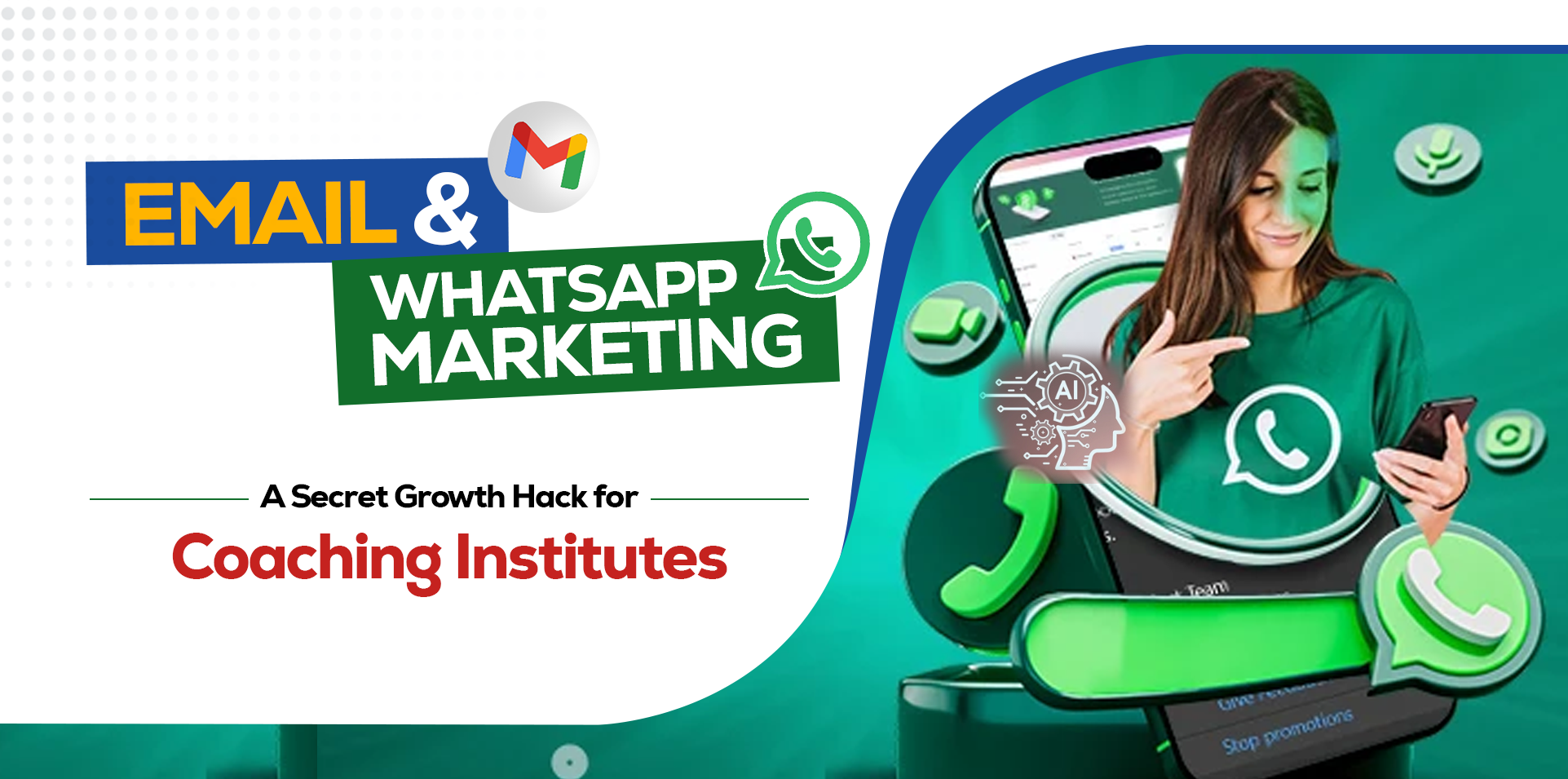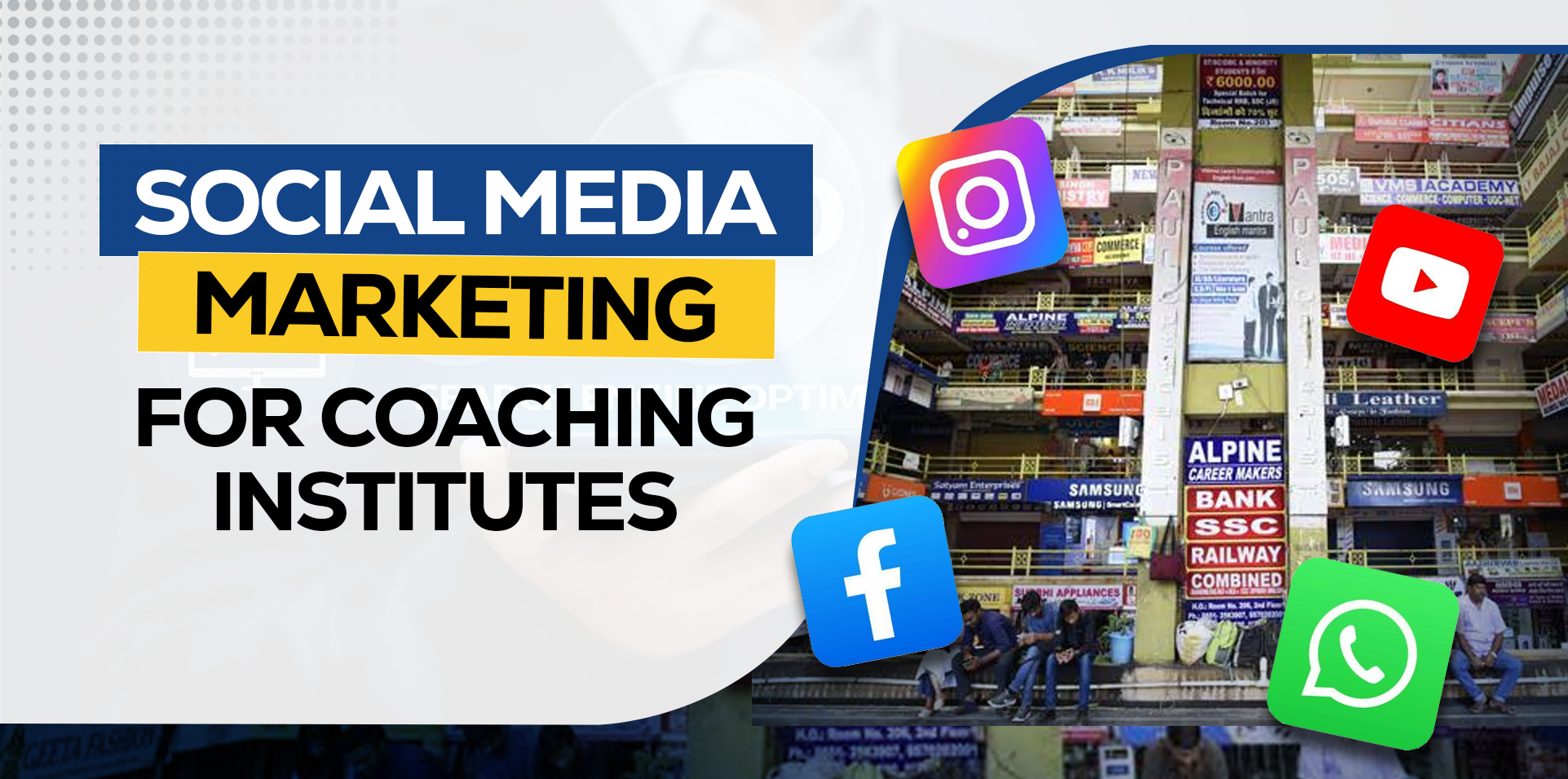10 Proven Marketing Strategies to Grow Your Coaching Institute
-
Social Bull
-
2025-05-03 16:19:19
Table of Contents
Since education is so competitive these days, coaching centers must figure out how to differentiate themselves and draw in students on a regular basis. Effective marketing is still essential for long-term success, regardless of the size of the test-prep center or tutoring center. These ten tried-and-true tactics may improve the reputation, enrollment, and visibility of any coaching center.
1. Leverage Student Success Stories
Nothing speaks louder than results. Showcasing a coaching institute's effectiveness through student testimonials and success stories creates powerful social proof. Documenting how coaching has transformed students' academic performance, helped them crack competitive exams, or secured admissions to prestigious institutions builds credibility quickly.
Smart institutes create comprehensive case studies highlighting the journey of top performers—from their initial challenges to ultimate achievements. These stories deserve prominent placement on websites, social media platforms, and marketing materials. Potential students and parents often find these real-life examples more convincing than generic promotional content.
Many successful coaching centers create dedicated "Success Walls" at their physical locations, displaying photographs and brief stories of successful students. This physical reminder serves as powerful evidence for visitors and inspires current students to aim higher.
2. Develop a Distinctive Brand Identity
In a sea of similar coaching options, a strong brand identity helps an institute stand out. The brand should communicate a unique teaching philosophy, values, and approach that differs from competitors.
This starts with crafting a compelling mission statement that articulates the coaching institute's purpose. A professional logo and consistent visual elements across all platforms reinforce recognition. Developing a unique tone of voice for communications reflects the institute's personality—whether authoritative, friendly, innovative, or traditional.
Remember that branding extends beyond visual elements to encompass every interaction with students and parents. Staff should embody brand values in their teaching style and communication with stakeholders.
3. Optimize Digital Presence
Today's students and parents begin their search for educational services online. A strong digital presence isn't optional for coaching institutes looking to grow.
Investing in a professional, mobile-responsive website that clearly communicates offerings, showcases faculty, and makes it easy for potential students to make contact leads to higher conversion rates. Implementing search engine optimization (SEO) strategies improves visibility in local searches.
Maintaining active profiles on relevant social media platforms where target audiences spend time creates multiple touchpoints. Educational content on YouTube, informative posts on LinkedIn, and engaging content on Instagram helps reach different segments of potential customers.
A blog addressing common questions, providing valuable insights about exams, or offering study tips positions the institute as a knowledge leader while improving search engine rankings.
4. Offer Free Workshops and Demo Classes
Breaking down the initial barrier to entry attracts new students. Free workshops and demo classes provide a low-risk way for potential students to experience teaching methodology and expertise firsthand.
Topic-specific workshops addressing common pain points for students in the target market show immediate value. For example, a math coaching center might offer a free workshop on "Conquering Calculus Anxiety" or "Shortcuts for Solving Complex Equations."
These free sessions must deliver genuine value rather than functioning as thinly veiled sales pitches. When participants experience tangible benefits from just one session, they're more likely to enroll in full programs.
5. Implement Referral Programs
Word-of-mouth remains one of the most powerful marketing tools for educational services. Formalizing this process through structured referral programs incentivizes current students and parents to recommend the institute.
Offering meaningful rewards for successful referrals, such as tuition discounts, free supplementary courses, study materials, or cash incentives drives participation. Making the referral process simple with dedicated referral codes or easily shareable links increases uptake.
Reminding satisfied students and parents about referral programs at strategic moments, such as after receiving good test results or positive feedback, capitalizes on peak satisfaction periods.
6. Forge Strategic Partnerships
Collaboration with complementary educational institutions or businesses significantly expands reach. Smart coaching institutes identify organizations serving the same target audience without directly competing with their offerings.
Partnering with schools that don't offer specialized coaching creates mutual benefits. Offering workshops at these institutions or special discounts for their students builds goodwill. Collaborating with education counselors who can refer students needing academic support creates a steady referral pipeline.
Partnerships with bookstores, educational supply companies, or local businesses frequented by students and parents offer additional marketing channels through cross-promotion, joint events, or special package deals.
7. Harness the Power of Email Marketing
Email remains highly effective for nurturing leads and maintaining relationships with current and former students. Building a robust email list and segmenting based on interests, academic levels, or course preferences allows for targeted communication.
Regular newsletters featuring helpful study tips, exam updates, student achievements, and upcoming courses keep audiences engaged. Automation to send personalized email sequences to new leads provides valuable information while gradually introducing coaching programs.
For former students, maintaining contact with alumni newsletters highlighting new offerings or refresher courses keeps the institute top-of-mind and leads to recommendations to younger siblings or friends.
8. Utilize Targeted Advertising
While organic reach builds foundations, strategic paid advertising accelerates growth. Platforms like Google Ads and social media advertising offer sophisticated targeting options to reach specific demographics.
Local search ads capture potential students searching for coaching in specific areas. Retargeting keeps visibility high among people who have visited websites but haven't yet enrolled.
For social media advertising, separate campaigns for different audience segments—students, parents, and school counselors—allows tailored messaging addressing specific concerns and interests of each group.
9. Host Impactful Events
Educational events position coaching institutes as community resources and authorities in their fields. Seminars featuring industry experts, exam preparation workshops, or panel discussions on educational trends attract interested audiences.
Competitions or olympiads draw talented students from various schools. These events generate buzz, showcase commitment to excellence, and help identify promising students who might benefit from coaching.
Annual open houses or education fairs attract potential students and parents to facilities, allowing them to interact with faculty and current students in a relaxed environment.
10. Collect and Implement Feedback
Continuous improvement based on stakeholder feedback ensures long-term growth. Formal feedback systems through surveys, suggestion boxes, or regular review sessions with students and parents provide valuable insights.
Acting visibly on feedback demonstrates responsiveness and builds stronger relationships with stakeholders. When institutes make changes based on suggestions and communicate this to their community, trust grows.
Regular analysis of dropout rates and reasons for discontinuation reveals blind spots in programs or service delivery that might hinder growth.
Conclusion
Growing a coaching institute requires a multi-faceted marketing approach combining traditional relationship-building with modern digital strategies. Implementing these ten proven tactics consistently and authentically builds strong reputations, attracts steady streams of new students, and fosters the kind of community that leads to sustainable growth through word-of-mouth.
Marketing requires ongoing processes of connecting with audiences, delivering value, and continuously refining approaches based on results. With patience and persistence, these strategies transform coaching institutes into thriving educational enterprises.



.jpeg)


.jpeg)





.png)

.png)



















